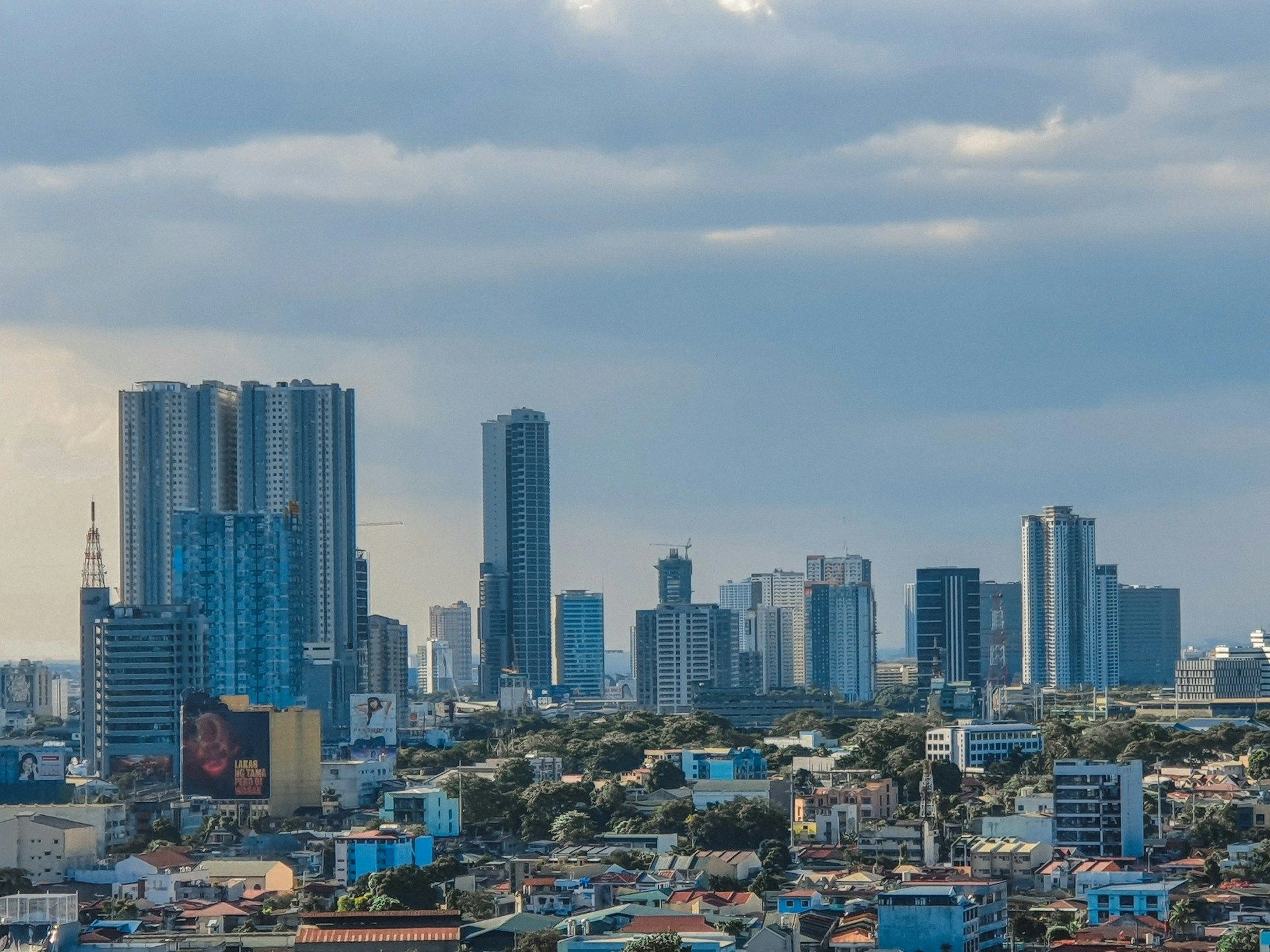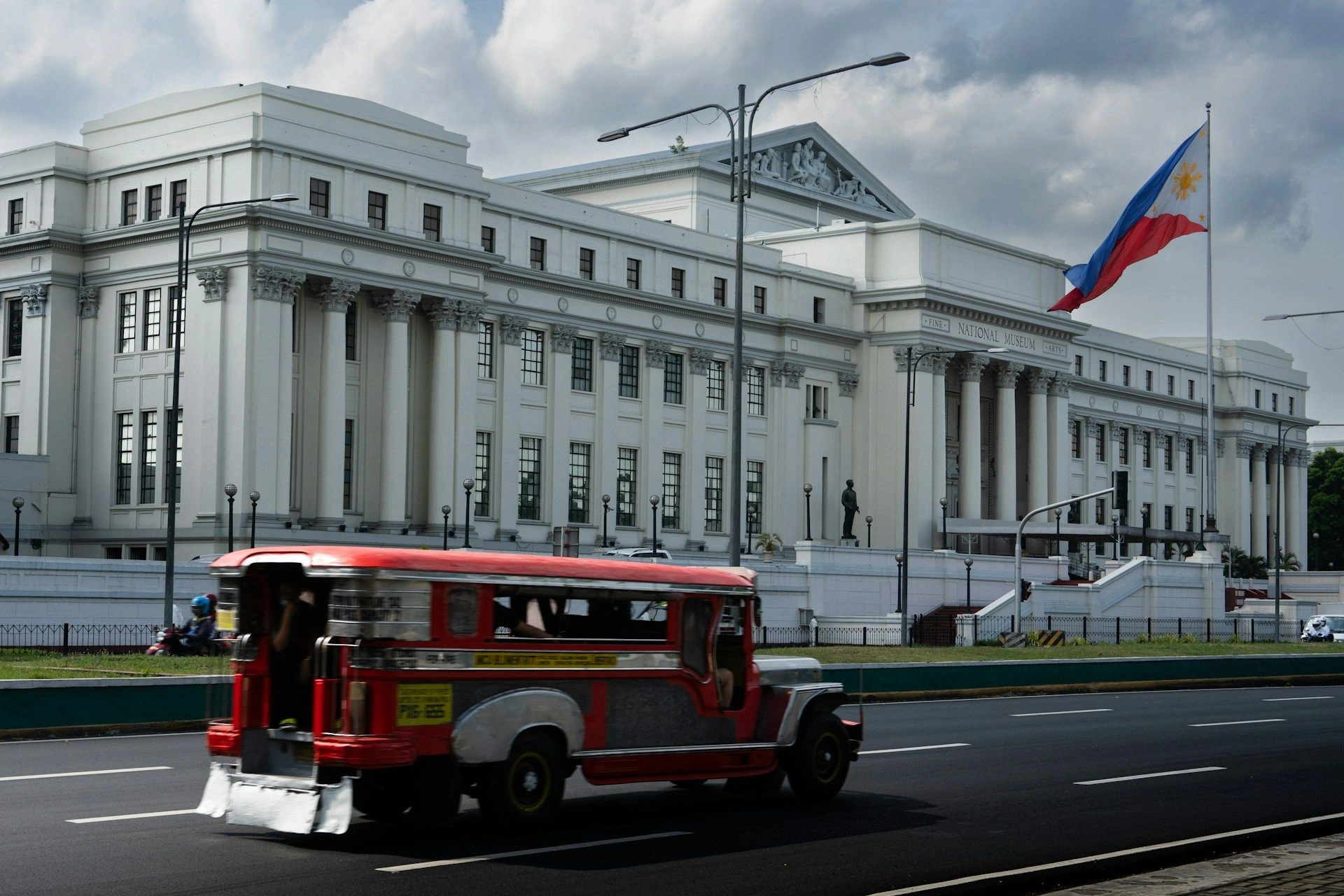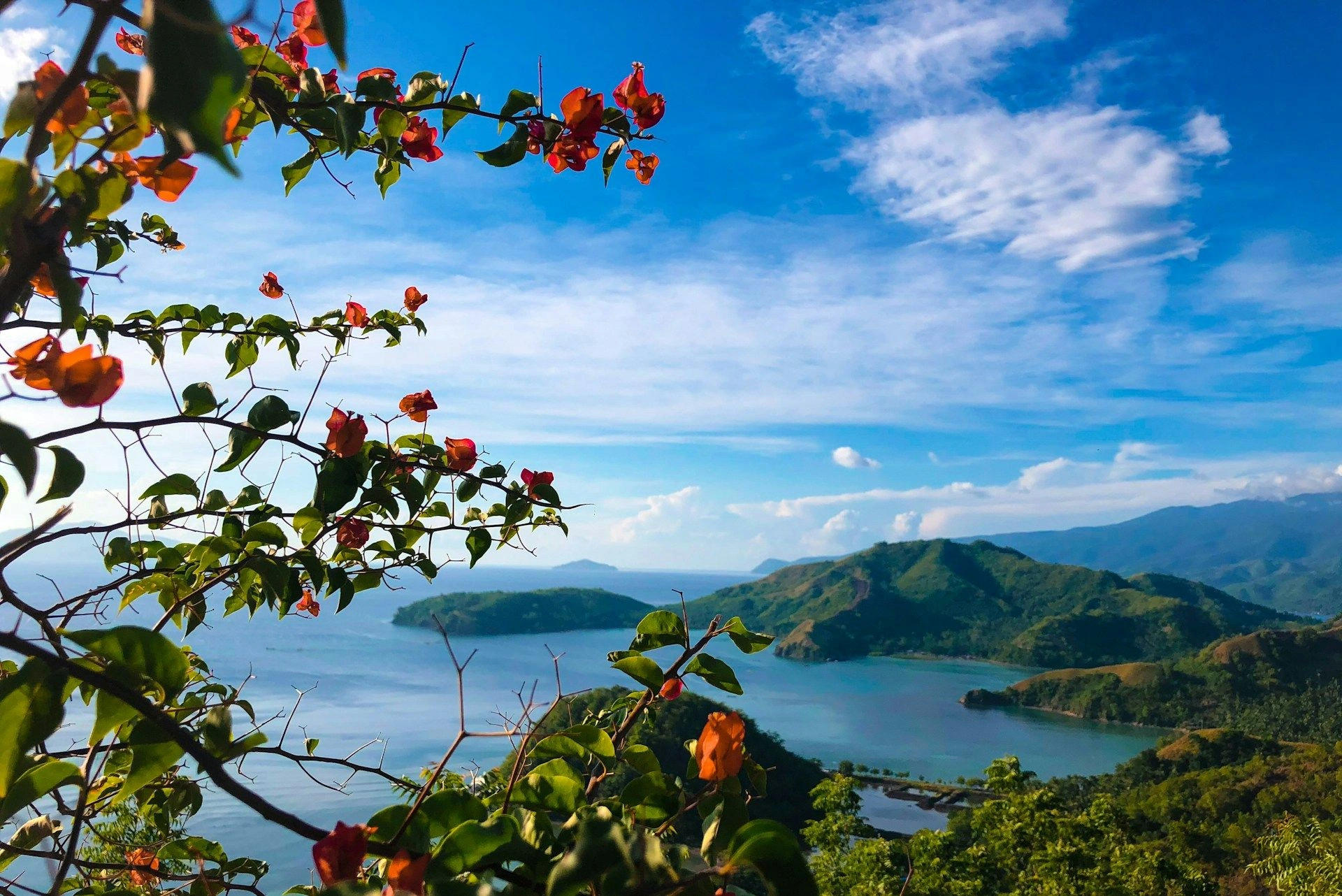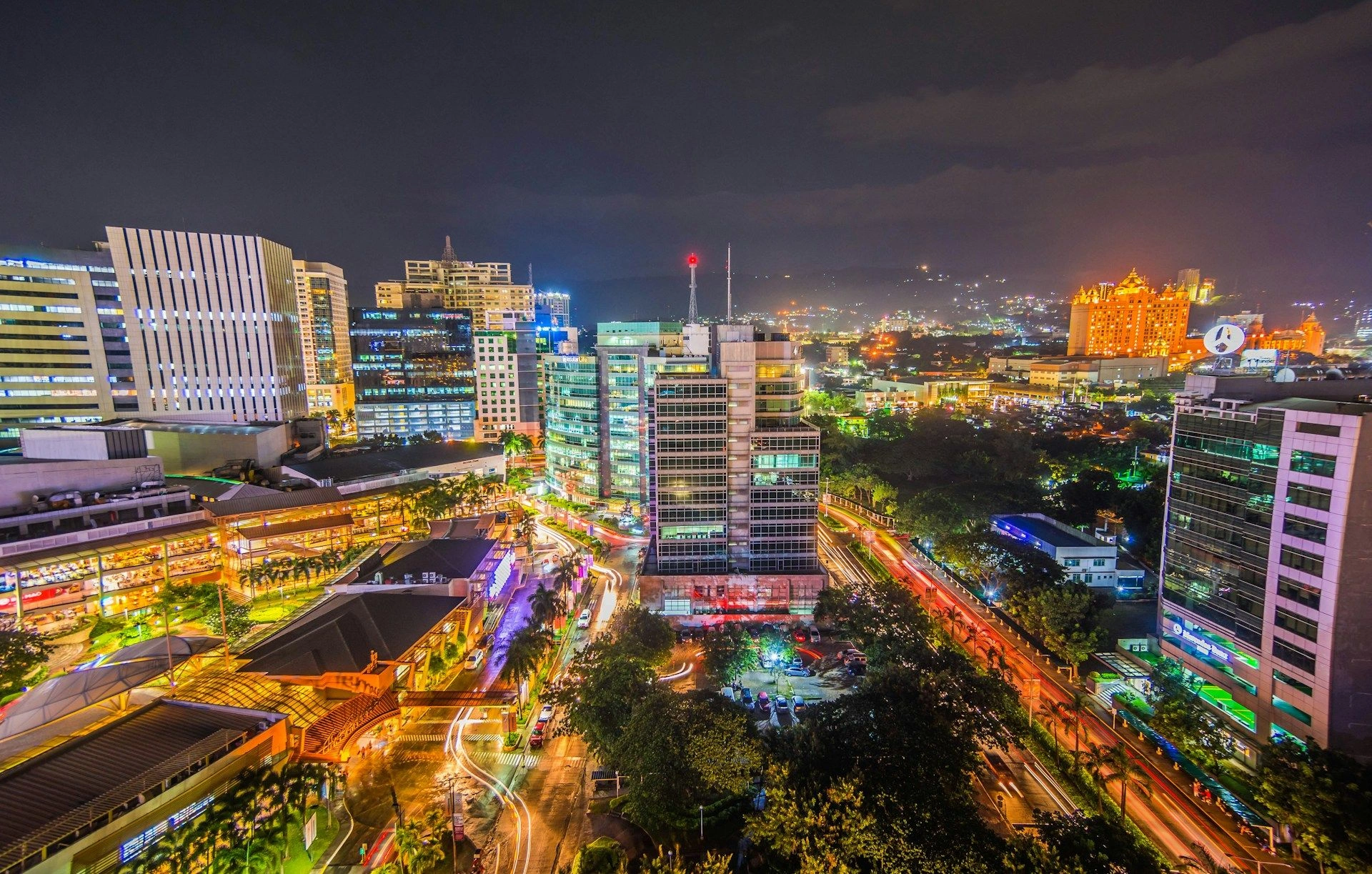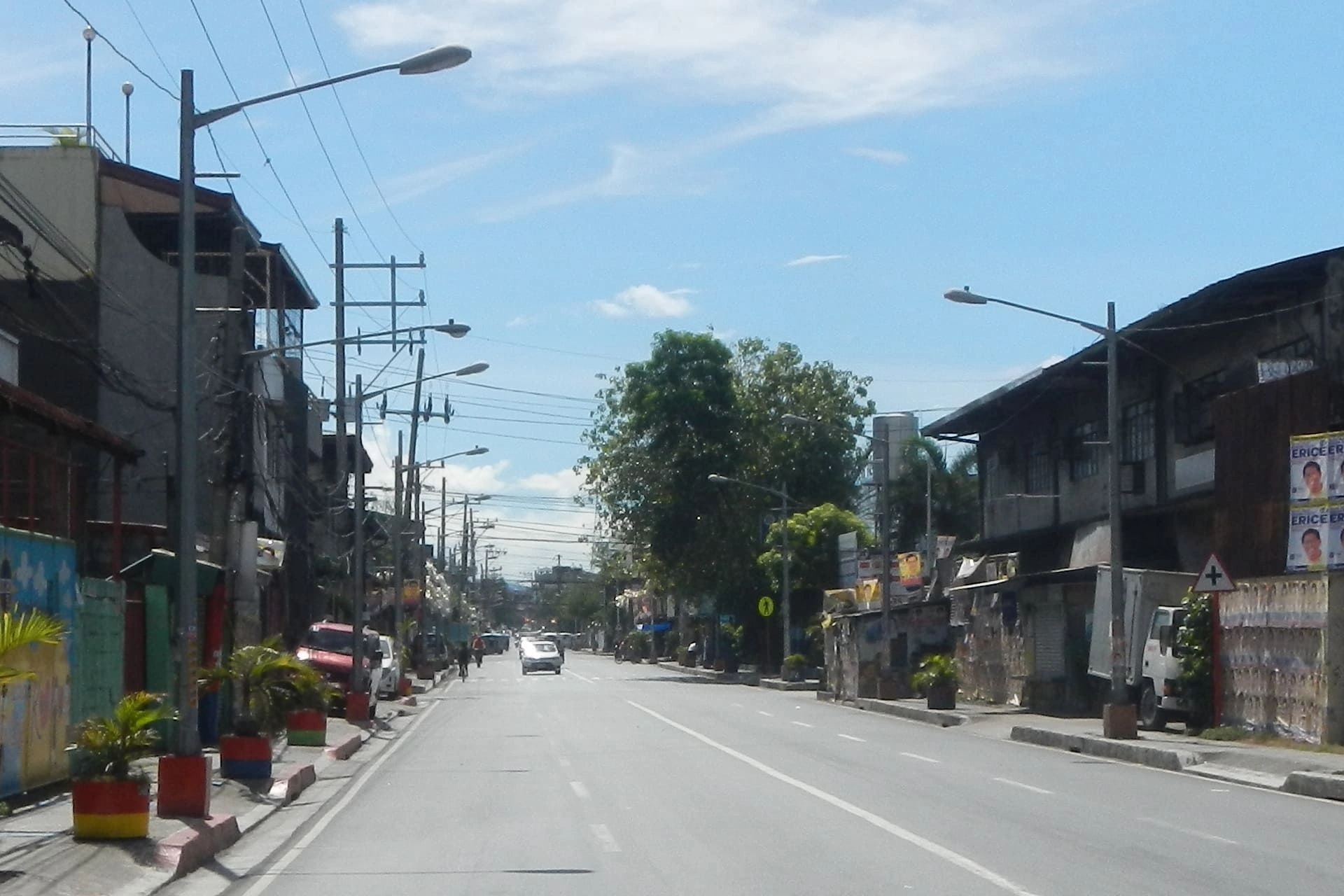Greenfield Investment Real Estate in PhilippinesAffordable housingacross coastlines and cities
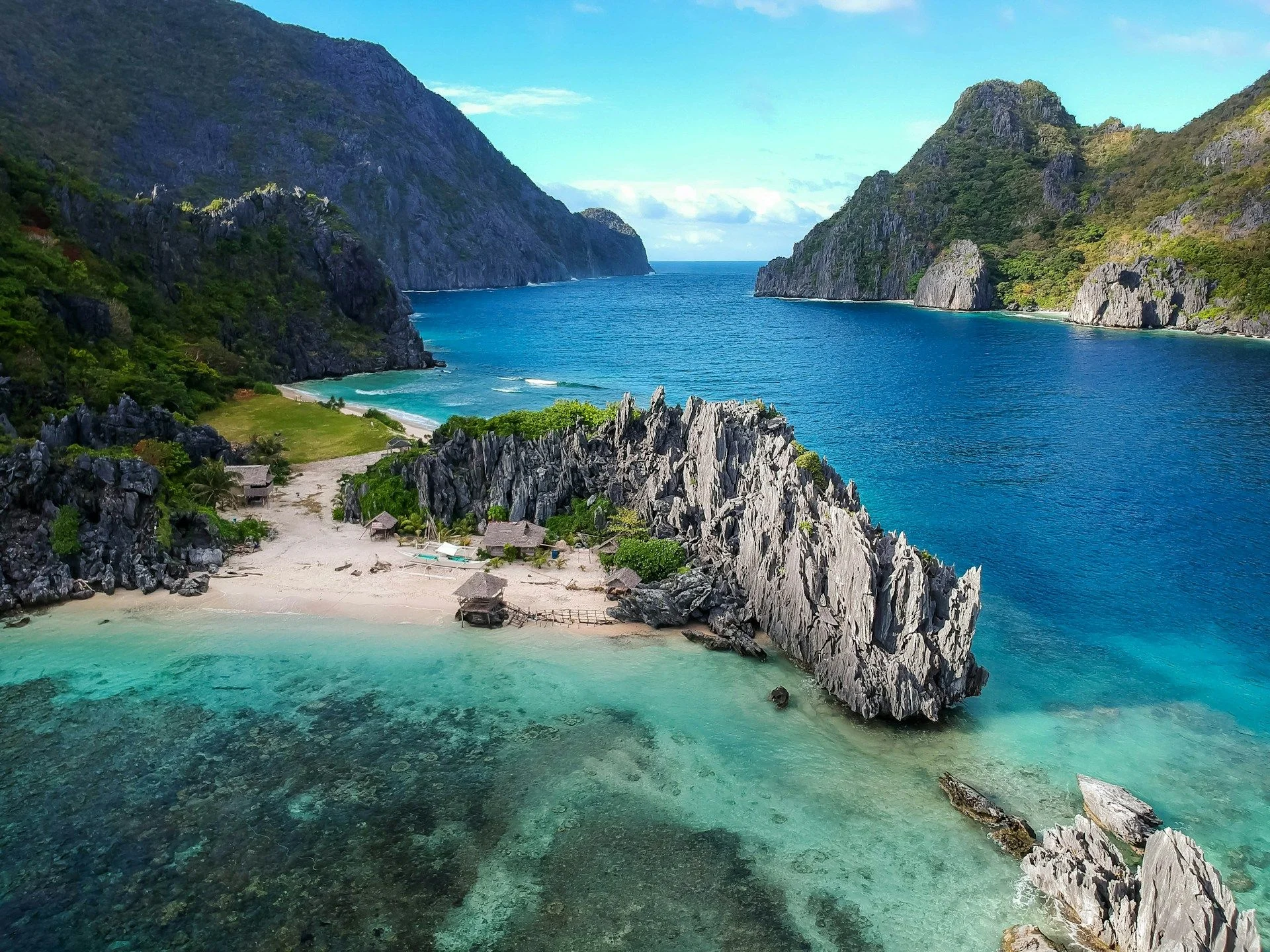
Popular
cities and regions in Philippines
Best offers
in Philippines
Benefits of investment in
Philippines real estate
Affordable city real estate with strong rental use
Metro Manila offers condos in central business districts at entry-level prices with strong demand.
Growing middle class and remittance economy
Domestic tenants, overseas workers, and urban migration drive continuous housing needs.
Foreign ownership allowed in condominiums
Foreigners can own units in registered condo developments with full rights.
Affordable city real estate with strong rental use
Metro Manila offers condos in central business districts at entry-level prices with strong demand.
Growing middle class and remittance economy
Domestic tenants, overseas workers, and urban migration drive continuous housing needs.
Foreign ownership allowed in condominiums
Foreigners can own units in registered condo developments with full rights.

Useful articles
and recommendations from experts
Real Estate in the Philippines: Tropical Investment with Growing Returns
Why Invest in the Philippines Property Market
The Philippines, an archipelago of over 7,000 islands, offers diverse real estate opportunities — from urban condominiums to beachfront resorts. With one of the fastest-growing economies in Southeast Asia, a young population, and a thriving tourism sector, the country has become increasingly attractive to both domestic and foreign investors. English is widely spoken, foreign ownership is possible in specific property types, and rental yields in popular locations like Metro Manila, Cebu, and Boracay are competitive. The combination of lifestyle, investment potential, and affordability positions the Philippines as a rising star in Asia’s property market.
Types of Real Estate and Permitted Uses
The Philippine market offers several types of properties for purchase, lease, or development:
- Condominiums: The only type of residential property foreigners can directly own, up to 40% of any building’s total units.
- Land and Houses: Foreigners cannot own land directly but may lease land or own houses (not the land underneath) or buy through a corporation.
- Resort and Island Properties: Popular among developers and long-term leaseholders. Land is typically held via long-term lease or corporate structures.
- Commercial Real Estate: Office buildings, retail spaces, and co-working hubs are growing in demand, especially in Metro Manila and Cebu.
- Farmland and Provincial Land: Restricted for foreign ownership; options may exist through joint ventures or long-term leases.
Legal Framework and Ownership for Foreigners
The Philippine Constitution places restrictions on foreign land ownership, but several legal pathways exist for investment:
- Condo Ownership: Foreign nationals may own condominium units provided that total foreign ownership in the building does not exceed 40%.
- Land Lease: Foreigners may lease land for up to 50 years (renewable for another 25 years), making it viable for development or residence.
- Corporation Ownership: Foreigners can set up a Philippine corporation (with at least 60% Filipino ownership) to acquire land for business purposes.
- Spousal Ownership: A foreigner married to a Filipino citizen may purchase land in the Filipino spouse’s name, though the foreign spouse holds no legal rights over the land.
- Due Diligence: All purchases should involve a licensed broker and lawyer. Verification of land titles and developer credentials is essential.
Property Prices and Market Trends
Property values in the Philippines remain affordable compared to neighboring markets like Thailand, Malaysia, and Singapore. Key cities have seen steady appreciation over the last decade. Average prices as of 2024 include:
| Location | Condo Price (per m²) | House/Villa Price Range |
|---|---|---|
| Metro Manila (Makati, BGC) | PHP 150,000 – 300,000 | PHP 15M – 100M+ |
| Cebu City | PHP 100,000 – 180,000 | PHP 8M – 40M |
| Davao City | PHP 70,000 – 120,000 | PHP 5M – 25M |
| Clark / Pampanga | PHP 90,000 – 160,000 | PHP 6M – 30M |
| Boracay / Palawan | PHP 80,000 – 200,000 | PHP 10M – 50M |
After a slight slowdown during the pandemic, the market has rebounded due to revived tourism, foreign worker inflows, and domestic demand.
Best Locations for Real Estate Investment
Each region in the Philippines offers distinct advantages depending on the investment goal:
- Makati and BGC (Taguig): Financial and commercial centers with premium condos, high rental demand, and stable tenants.
- Cebu: A thriving metro with strong tourism, IT-BPM sectors, and seafront developments. Good balance of lifestyle and return.
- Davao: Growing in infrastructure and safety; affordable entry points and less crowded than Manila.
- Boracay and Palawan: Top tourist destinations. Resort-style condo projects and villas are ideal for short-term rentals.
- Clark (Pampanga): Freeport zone with government support, infrastructure investment, and growing expat community.
Rental Yields and Investment Scenarios
The Philippines offers attractive returns for both long-term and short-term rental models:
- Condo Rentals in Metro Manila: Average yields of 5%–7%. Premium condos in Makati or BGC may yield even more with expat tenants.
- Airbnb/Short-Term Rentals: Units in Boracay, Palawan, and Cebu generate up to 10%–12% annually during peak season.
- Buy-to-Let in Provincial Cities: Lower acquisition costs and solid demand from local professionals and students.
- Resort Condotels: Developers offer guaranteed rental returns (4%–6%) and hotel management for ease of ownership.
Proper furnishing, location, and management are key to maximizing income. Rental licenses may be required in tourist zones.
Residency, Taxes, and Foreign Incentives
Foreign buyers are not automatically granted residency, but the Philippines offers several visa programs:
- Special Resident Retiree’s Visa (SRRV): Available to foreigners 35+ who invest in property or maintain a local deposit. Offers indefinite stay and multiple-entry rights.
- 13a Spousal Visa: For foreigners married to Filipino citizens.
- Investor Visas: For those starting businesses or investing in export zones.
Taxes and Fees:
- Transfer Tax: ~0.5%–0.75% of selling price.
- Capital Gains Tax: 6% on the gross selling price (commonly paid by the seller).
- Documentary Stamp Tax: 1.5% on property value.
- Withholding Tax: May apply if buyer is a corporation.
- Rental Income Tax: 25% on net income for non-residents. Local property managers often assist with compliance.
Infrastructure and Accessibility
The Philippines is undergoing major infrastructure upgrades under the "Build, Better, More" program:
- Airports: Manila (NAIA), Mactan-Cebu, Clark, and Davao are international hubs.
- Transport Links: New highways and rail projects connect Manila to nearby cities like Clark and Cavite.
- Utilities: Condos and urban centers have stable water, electricity, and high-speed fiber internet.
- Healthcare: High-quality hospitals in Manila and Cebu cater to medical tourists and expats.
- International Schools: Present in major cities, often offering IB or American curriculums.
Risks and Considerations
While the market is promising, investors should consider the following:
- Title Clarity: Verify land titles to avoid legal disputes or fake ownership claims.
- Land Ownership Restrictions: Foreigners cannot own land directly, which may limit certain projects.
- Natural Disasters: Properties should be insured against typhoons, floods, and earthquakes.
- Developer Reputation: Work with established developers to avoid delays or project cancellations.
- Currency Risk: Peso depreciation can affect USD-denominated returns.
Conclusion: Why the Philippines Deserves a Spot in Your Portfolio
The Philippines presents a compelling mix of growth, affordability, and lifestyle appeal. With its pro-investment policies, strong rental yields, and expanding tourism infrastructure, it is becoming an increasingly favored destination for global real estate investors. While legal limitations on land ownership exist, the condo market and long-term lease options provide accessible entry points. Whether you're targeting income-generating condos in Manila or beachside retreats in Cebu or Palawan, the Philippines offers flexibility, opportunity, and strong upside potential in the heart of Southeast Asia.
